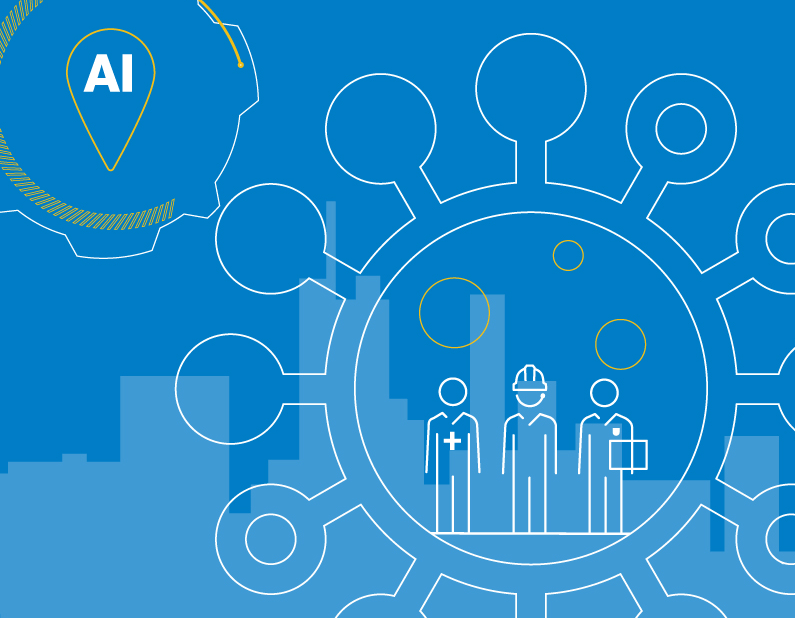In less than two months, covid-19 created arguably the world’s largest collective shift in social activity and working practices. Research firm Global Workplace Analytics estimated in a 2018 report that 4.3 million people in the US worked remotely, representing just 3.2% of the country’s workforce. In a March 2020 poll of 375 executives by MIT Technology Review Insights, over two-thirds reported that more than 80% of their workforce is now working remotely.
As business leaders have sought to safeguard not only the health of staff, but the health and productivity of their companies, the pandemic has thrown up many questions—some that require immediate answers, others that need a longer-term plan. This report explores a new data set, developed by future-of-work software company Faethm, to examine the degree to which “business critical” jobs across industries are “remoteable,” and to what extent those jobs could be supported with artificial intelligence (AI) and automation technologies in the future. Its key findings are as follows:
